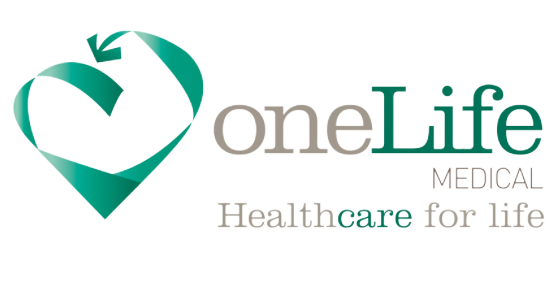Two in three Australians will be diagnosed with some form of skin cancer before the age of 70. The sooner a skin cancer is identified and treated, the better your chance of avoiding surgery or, in the case of a serious melanoma or other skin cancer, potential disfigurement or even death. It is a good idea to talk to your doctor about your level of risk and book regular skin cancer checks.
Why is it important to get regular skin cancer checks?
Anyone can get skin cancer, but people with the following characteristics are at greater risk:
- Lighter skin colour
- Skin that burns, freckles, reddens easily, or becomes painful in the sun
- Blue or green eyes
- Blonde or red hair
- Certain types and a large number of moles
- Family history of skin cancer
- Personal history of skin cancer
- Older age
The importance of regular skin cancer checks: UV radiation explained
Sun damage is caused by ultraviolet (UV) radiation, not temperature. Australia has some of the highest levels of UV radiation in the world. In fact, UV radiation is strong enough to cause sunburn in as little as 11 minutes on a fine summer day. Regardless of whether you have the risk factors listed above, reducing your exposure to UV rays can help keep your skin healthy and lower your chances of getting skin cancer.
Do I need to wear sunscreen when it is cloudy?
Sun damage is possible on windy, cloudy and cool days. UV radiation can penetrate clouds and may even be more intense due to reflection on the clouds. The Cancer Council recommends applying sunscreen every day on days when the UV Index is forecast to be 3 or above. In laboratory conditions, when used as directed, SPF30 sunscreen filters 96.7% of UV radiation and SPF50 filters 90%. Both provide excellent protection if they are applied properly.
How can I keep track of UV levels throughout the day?
The UV Index is a tool you can use to protect yourself from UV radiation. It tells you the times during the day that you need to be sun smart. It divides UV radiation levels into low (1-2), moderate (3-5), high (6-7), very high (8-10) and extreme (11 and above). The Australian Radiation Protection And Nuclear Safety Agency (ARPANSA) measures the UV index in a location at each of Australia’s capital cities and makes this real-time data available on a daily basis. Check the ARPANSA website to see what the UV levels are in your location. You can also check UV levels on the Bureau of Meteorology website and on the Cancer Council Australia’s home page. You can also download the SunSmart UV app for iOS or Android to keep track of the UV levels throughout the day.
How often should I get my skin checked?
In addition to self-checks, you should see a doctor for a full-body skin examination at least once a year. If you are at high risk of skin cancer, your GP will request that you have more frequent checks. This might be every three or six months, depending on your risk factors.
Bulk-billed skin cancer checks in Alexandra Hills
One Life Medical offers free skin checks. To book an appointment, please call 07 3824 8144, book online, or download the app for iPhone or Android devices and make bookings directly from your phone.
